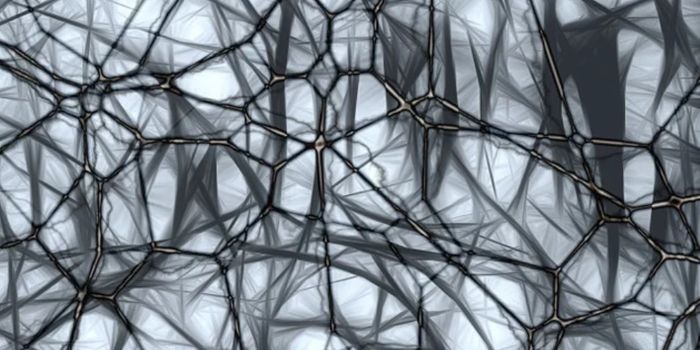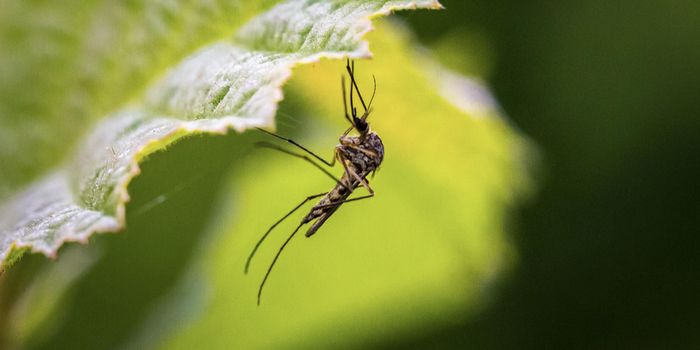The Paternal Gut Microbiome Can Affect Offspring Health
The trillions of microorganisms in the human gut, or the gut microbiome, has a profound impact on our health and well-being. We know there is a gut-brain axis, for example, in which the gut microbiome has a direct effect on the brain. But now scientists have suggested that there is also a gut-germline axis, and that the microbiomes of fathers can have a major impact on disease risk in their offspring. This study used a mouse model to show that when the gut microbiome is disrupted in male mice, their offspring have a higher likelihood of low birth weight and premature death. The findings have been reported in Nature.
While there is no one accepted definition for a healthy gut microbiome, certain species of gut microbes have been linked to improved health, and healthy gut microbiomes are also usually more diverse. While imbalanced gut microbiomes have been associated with many health conditions, little is known about how the paternal gut microbiome affects reproduction or offspring health.
This study utilized mice that were treated with antibiotics that creates disruption or dysbiosis in the gut microbiome, and compared these mice and their offspring to untreated mice. In males that were antibiotic-treated, there were changes in the physiology of the testes and hormonal signaling alterations. Some of these shifts were related to a hormone called leptin.
To learn more about the gut-germline axis, and how microbiome changes affect offspring, the researchers mated the different male mouse groups with females that were unexposed to antibiotics. This showed that the offspring of dysbiotic fathers died more often and had lower birth weights compared to mouse pups of untreated fathers. There were higher rates of placental defects such as poor blood vessel development and reduced growth, and a pregnancy complication called preeclampsia in pregnancies that involved dysbiotic males.
These effects was also shown to be reversible. When the fathers were taken off antibiotics, their microbiomes recovered, and when they were mated with untreated females their offspring were normal.
"The next step will be to understand in detail how different environmental factors such as medicinal drugs including antibiotics can affect the paternal germline and, therefore, embryonic development," noted study co-author Peer Bork, EMBL Heidelberg Director.
"Our study demonstrates the existence of a channel of communication between the gut microbiota and the reproductive system in mammals. What's more, environmental factors that disrupt these signals in prospective fathers increase the risk of adverse health in offspring, through altering placental development," explained corresponding study author Jamie Hackett, an EMBL Rome Group Leader.
Hackett noted, however, that these effects have only been observed for a single generation in mice, and cautioned that more research will be needed to determine if the findings are true for humans, and how extensive the impacts are if they are also seen in people.









